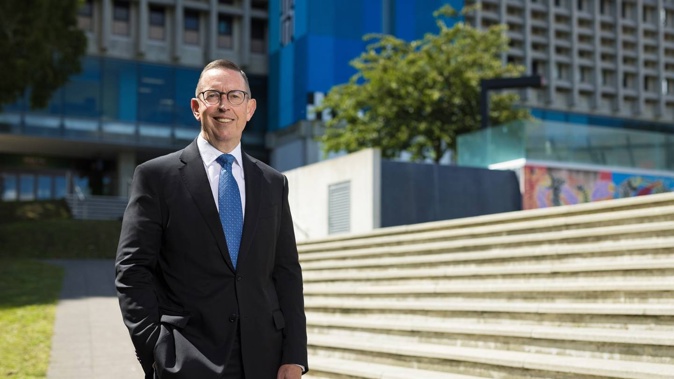
The University of Waikato and Ministry of Health have signed an agreement paving the way for New Zealand’s third medical school.
Minister of Health Dr Shane Reti said the country was facing a “dire” shortage of doctors and the memorandum of understanding signed today would allow the Government and the University to progress with establishing a business case for a third school.
“The Ministry and the University will now work together on a robust process to make sure the model can achieve the health workforce outcomes we all know New Zealand needs.”
Reti said signing off on the MoU was a key commitment in the coalition Government’s 100-day plan.
“Increasing the number of homegrown health professionals is a top priority to make sure all New Zealanders have timely access to quality healthcare.
“New Zealanders have been facing longer and longer delays in accessing healthcare, and tackling our workforce crisis is key to solving that issue.
“New Zealand’s existing medical schools at the University of Auckland and the University of Otago are top quality and have immediately benefited from increased places at both universities this year.
“However stats also tell us many GPs are planning to retire in the next 10 years, which will particularly impact provincial and rural communities already experiencing New Zealand’s biggest doctor shortages.”
He said the proposed third medical school would have a focus on primary care.
“We will take time to consider the needs of rural areas and we envisage a four-year graduate entry programme, instead of the existing six-year programmes.”
He said the initiative also aimed to retain more New Zealanders in domestic medical school programmes, with more than 300 Kiwi students training in Australian medical schools each year.
“The university and the ministry will now begin working through the necessary steps to ensure the best training model can be developed. This includes a cost-benefit analysis to give everyone assurance of the feasibility of this programme.”
/cloudfront-ap-southeast-2.images.arcpublishing.com/nzme/ZD4MO4RXSRFX3FDLCLCDTDGFTU.JPG)
University vice-chancellor Professor Neil Quigley said the MoU signed with the Ministry of Health was a significant step towards addressing health workforce needs and reducing New Zealand’s heavy reliance on importing doctors from overseas.
“The University of Waikato has long advocated that an investment in a third medical school is part of the solution to our current and future health workforce needs.”
He said it would provide a new model of medical education in New Zealand, with new entry pathways to attract a more diverse range of students.
“It will be a new approach to matching medical education with our actual workforce needs, and a new approach to integrating provincial and rural communities into the medical education programme.”
Quigley said the university would work with the Government to provide the business case for the medical school.
“We are committed to the medical school and to working with partners in other parts of New Zealand, as well as to building a full range of allied health programmes.”
He said the current situation was not going to improve if nothing changed.
“We need to train more doctors, we need to select students from a wider range of backgrounds who are committed to long-term careers in primary care outside the main centres and we need to place these students in the regions where they are needed.”
Quigley said the university planned to have an intake of up to 120 medical students each year chosen from students who had already completed an undergraduate degree.
The students would receive four years of intensive, practical medical education.
He said the graduate-entry model was used by many of the world’s highest-ranked medical schools and was the dominant model of medical education in Australia.
The University of Waikato has already been building its health capability and highlighted the success of its newly-established nursing programme, with the student intake increasing from 40 in 2021 to more than 210 in 2023. That was in response to severe staff shortages in both the region’s and the nation’s health workforce, Quigley said.
The university was also developing programmes for other health professions in direct response to stakeholder needs in Waikato and around the country.
Quigley said the University of Waikato was well placed to deliver a new medical school and it had widespread stakeholder support to do so.
“We look forward to working with the Government on the processes required to facilitate the medical school.”
Take your Radio, Podcasts and Music with you









